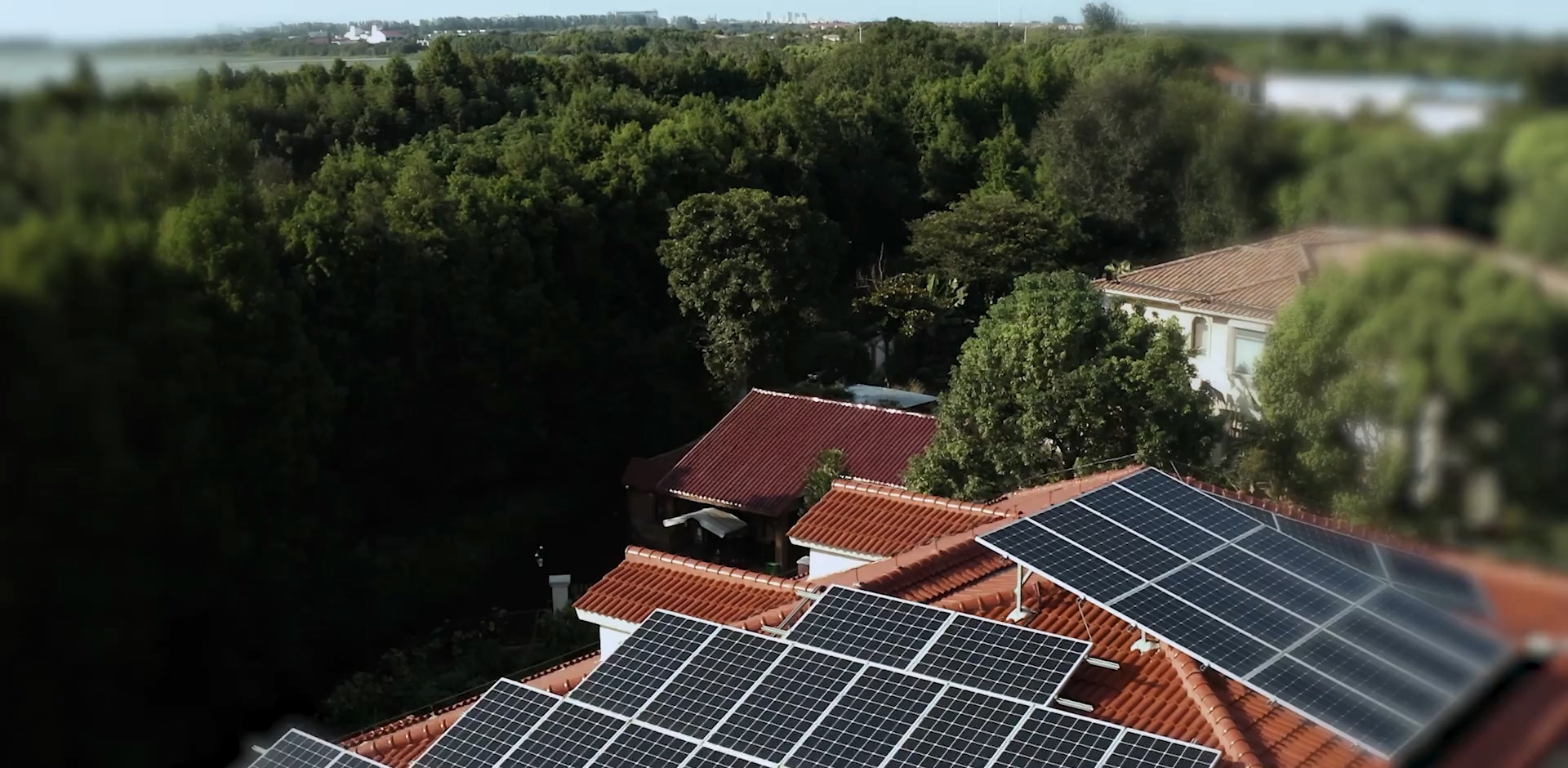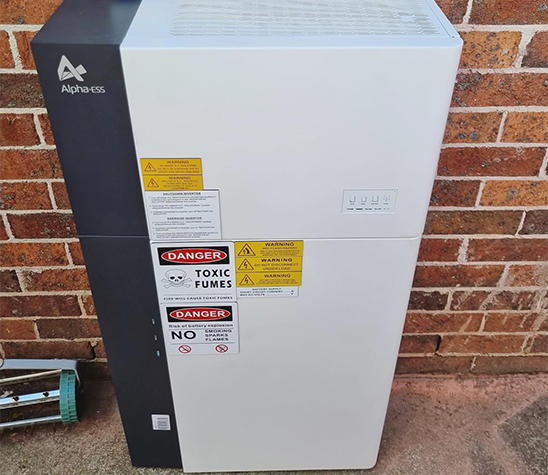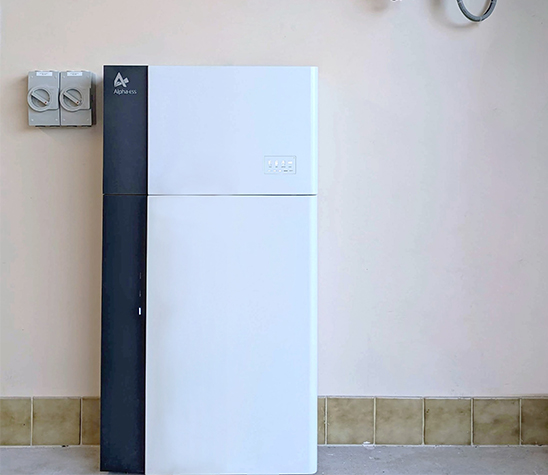SMILE SERIES
Our residential energy storage solution covers 3 ~ 20 kW, and this range is predominantly designed for PV self-consumption, back-up power, load shifting and off-grid solutions for household applications.
Storing renewable energy with AlphaESS - it's a no-brainer.
ADVANTAGES




FREQUENTLY ASKED QUESTIONS
-
Q:
What is a residential energy storage system?
A:A residential energy storage system is a technology that allows homeowners to store electricity generated from renewable energy sources, like solar panels or wind turbines, or from the grid during off-peak hours when electricity rates are lower. The primary purpose of these systems is to provide backup power during power outages, reduce reliance on the grid, and minimize energy costs by using stored energy during peak demand periods.
The most common type of residential energy storage system is a battery-based system, typically using lithium-ion batteries. These systems can be connected to the home's electrical system and work in conjunction with solar panels or other renewable energy sources. Homeowners can use the stored energy during periods of high electricity demand, at night when solar panels are not generating power, or when grid electricity is not available.
-
Q:
How does a residential energy storage system work?
A:A residential energy storage system stores electrical energy in batteries and releases it when needed for backup power during outages or to offset electricity consumption during peak demand periods.
The residential battery storage systems can be charged using electricity generated from renewable sources like solar panels or wind turbines or from the grid during off-peak hours when the energy rates are lower. The charged batteries store the electrical energy as chemical energy, and then the inverter converts the direct current (DC) electricity stored in the batteries into alternating current (AC) electricity for household appliances and devices. Additionally, many residential energy storage systems come with monitoring and control features that allow homeowners to track energy generation, storage, and consumption for cost savings and system maintenance.
Overall, a residential energy storage system provides a reliable, cost-effective, and sustainable energy solution for homeowners by working in conjunction with renewable energy sources or grid electricity.
-
Q:
What are the benefits of a residential energy storage system?
A:Energy Independence: Enable homeowners to store energy generated from renewable sources, reducing their reliance on the grid.
Backup Power: Provide backup power during outages, ensuring critical appliances and devices remain operational.
Cost Savings: Help homeowners to save money or even earn incentives by using stored energy during peak demand times.
Grid Support: Provide power during peak demand periods and support grid services like frequency regulation and voltage support, helping to reduce the need for additional power plants and stabilize the grid.
Environmental Benefits: Contribute to a cleaner, more sustainable energy future by promoting renewable energy and reducing the need for fossil fuel-based power plants.
Increased Renewable Energy Usage: Store excess energy generated during periods of high production for use during periods of low production or at night.
Improved Solar Panel Efficiency: Optimize solar panel efficiency by reducing the intermittency and shading effects, providing a more stable and reliable power output.
-
Q:
What are the different types of residential energy storage systems?
A:There are several types of residential energy storage systems, each with its own advantages and disadvantages. The primary types include battery-based, thermal, mechanical, hydrogen energy storage, and supercapacitors.
Among these, battery-based systems are the most commonly used for residential energy storage. These systems employ electrochemical batteries, such as lithium-ion, lead-acid, or flow batteries, to store energy. Battery-based systems are popular due to their relatively high energy density, efficiency, and modularity. Lithium-ion batteries are particularly popular for their longer lifespan, higher energy density, and better performance compared to other battery types.
-
Q:
How much does a residential energy storage system cost?
A:The cost of a residential energy storage system can vary widely based on factors such as the type, capacity, installation costs, and additional equipment or services required. The cost components of the most common residential energy storage system are as follows:
Battery: Depend on the type (e.g., lithium-ion, lead-acid), capacity (measured in kWh), and quality.
Inverter: Depend on the capacity and features, ranging from $1,000 to $3,000 or more.
System Components: Include items like charge controllers, battery management systems (BMS), wiring, switches, and other necessary equipment which can add several hundred to a few thousand dollars to the overall cost.
Installation Costs: Depend on the installation complexity, labor rates, local regulations, etc., ranging from $1,000 to $5,000 or more.
Maintenance and Replacement Costs: Depend on the battery type and usage patterns. Batteries may need to be replaced every 5 to 15 years and there may be ongoing costs to maintain the system in good working order.
Considering these factors, a typical residential battery-based energy storage system can cost anywhere from $5,000 to $20,000 or more, including installation. However, these costs can be offset over time through energy bill savings.
AlphaCloud
Connects all the AlphaESS systems and enables monitoring, smart control, trading and energy service.




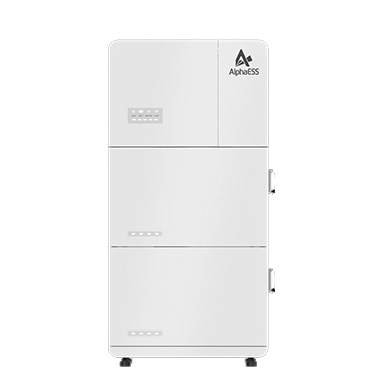
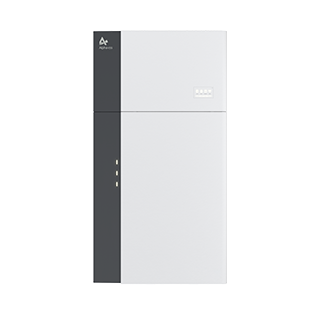
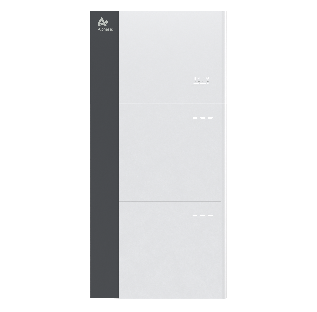
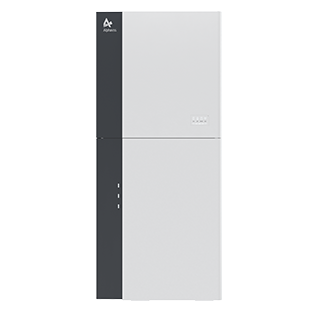
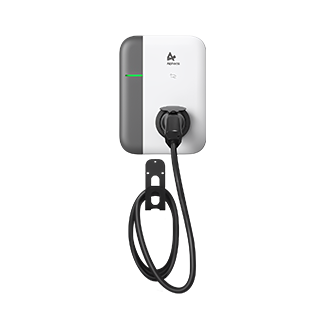

.png)
(3).png)
(2).png)
(545x562xiangsu)(2).png)

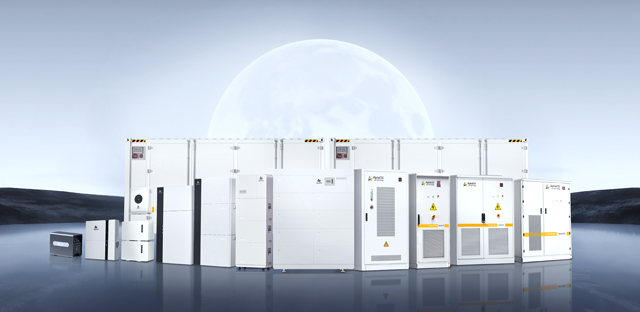
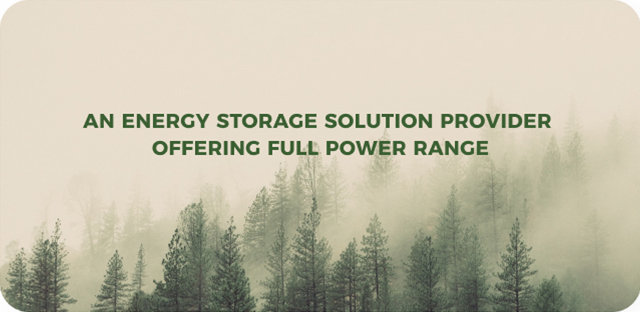
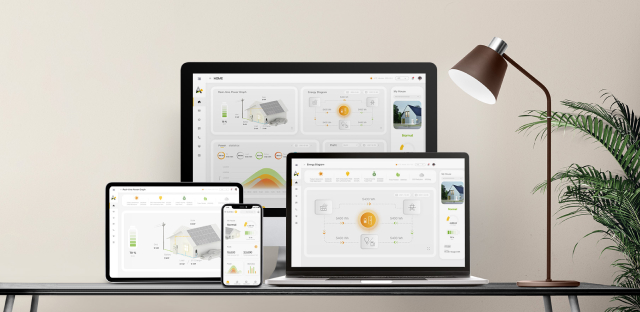
.svg)












